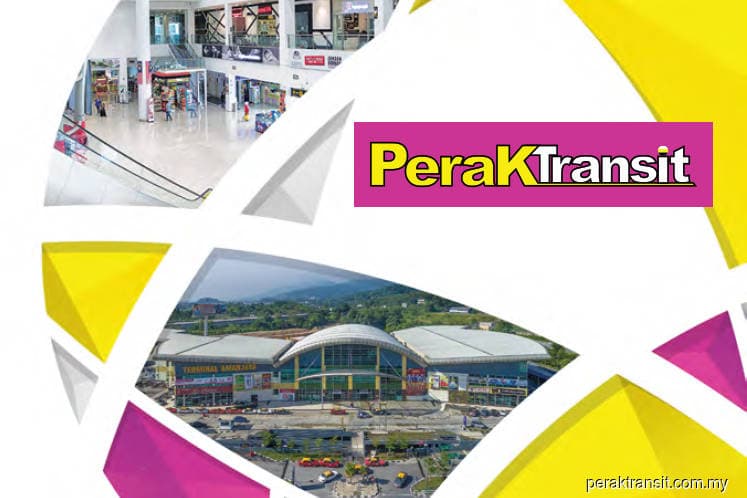
This article first appeared in The Edge Financial Daily on August 7, 2019 - August 13, 2019
Perak Transit Bhd
(Aug 6, 20 sen)
Maintain buy with a lower target price (TP) of 31 sen: We understand that the full certificate of completion and compliance (CCC) has yet to be received as inspections are still ongoing, while the management is also addressing the issue of routing electricity to fully supply Terminal Kampar’s operations.
Nonetheless, these issues should be resolved in the fourth quarter of 2019 (4Q19), and therefore we expect the terminal to be fully operational in 1Q20, after two to three months of renovation work for its new tenants.
In the interim, Perak Transit Bhd’s (PTrans) earnings base would remain effectively the same as last year, while earnings contribution from Terminal Kampar’s ground floor operations — which began following its partial CCC obtained in May — would be neutralised by its corresponding start-up costs.
PTrans should be able to ramp up its mall operations with ease upon obtaining the full CCC and electricity supply, and establish Terminal Kampar’s appeal amongst the 30,000-strong student crowd alongside residents located in the vicinity.
Terminal Kampar’s ground floor operations — comprising bus services, advertising and promotion as well as rental of four shoplots and eight kiosks — have kicked off with a 90% occupancy rate, while the overall expected take-up rate from prospective tenants for the entire mall stands at 70%.
Furthermore, most of the anchor tenants — cineplex, gym, bowling alley and supermarket — have been secured.
Following Terminal Kampar’s operational commencement, management will subsequently look to take on a new project next year. It had previously earmarked the extension of Terminal Meru Raya (nee Terminal Amanjaya) and development of new bus terminals in Bidor and Tronoh.
We understand that these projects would individually cost between RM150 million and RM200 million with a two-year construction period. We have not factored these expansions into our earnings estimates.
The resulting increase in leverage in order to fund PTrans’ new project should be manageable, in our view, with full-year earnings contribution from Terminal Kampar kicking in next year while PTrans’ businesses generate good cash flows.
Assuming that the maximum development cost of RM200 million is split over two years of debt drawdowns, this would increase the group’s net gearing to 0.78 times and 0.66 times over 2020 to 2021 — well below what we believe is its debt covenant of 1.5 times.
In addition, the gearing level could be alleviated by the exercise of 531 million outstanding call warrants, although we note that they are currently out of money (strike price 23.5 sen, expiring on Sept 20).
Nevertheless, PTrans is committed to maintaining its dividend payout of around 35%, which is above the official policy of 25% or more. As a side note, the management has guided that the dividend payout would now occur twice a year (from three times a year previously).
We lowered 2019 earnings per share by 12% after incorporating Terminal Kampar’s operational delay, alongside a higher effective tax rate of 7% (from 4%) from the diminution of carried-forward deferred tax assets, but hold on to our 2020 estimates (2020E) to 2021E earnings estimates.
All in, we maintain our “buy” rating on the stock albeit with a lower sum-of-parts-derived 2020E TP of 31 sen (implied 2020E price-earnings ratio [PER] of 11.4 times) after: i) removing the warrants dilution from our valuation due to the short time frame for conversion while being out of the money; ii) raising our weighted average cost of capital by 110 basis points to 9.3% to incorporate Terminal Kampar’s operational delay, which could suggest longer time horizons for PTrans to undertake its future projects; and iii) ascribing a lower 2020 PER multiple of five times (from seven times) to its project facilitation earnings in light of the heightened economic uncertainty which could affect bus terminal project consultations.
Nevertheless, we continue to like PTrans for its: 1) proven track record in the niche, underserved bus terminal business; 2) strong earnings profile from its existing core business; and 3) growth prospects led by Terminal Kampar and upcoming expansions. Downside risks: A) regulatory overhang; and B) operational disruption at its Kampar Terminal. — AffinHwang Capital, Aug 6
